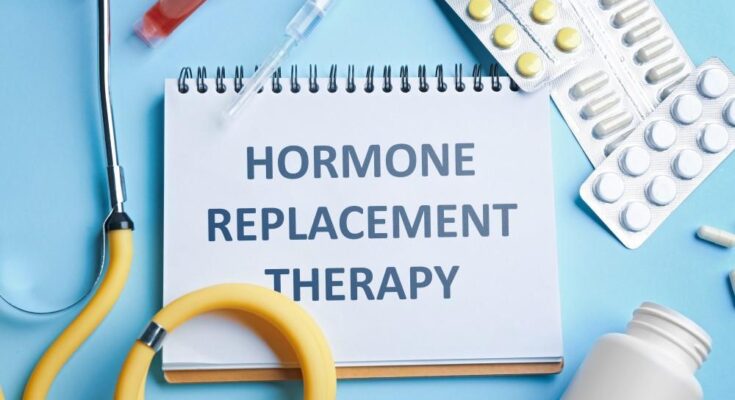Hormone-related mood disorders can disrupt daily life. These disorders often bring challenges like anxiety, irritability, and depression. Hormone replacement specialists, including Dr. John Alevizos, focuses on balancing hormones to manage these symptoms. They use patient-centered approaches to help restore well-being. With the right treatment, mood can improve and life can become more manageable.
Understanding Hormones and Mood Disorders
Hormones regulate many body functions, including mood. When these hormones are out of balance, mood disorders can occur. Common hormones that affect mood include estrogen, progesterone, and testosterone. Each plays a role in emotional well-being. For example, low estrogen levels can lead to depression while imbalanced testosterone can cause irritability.
Role of Hormone Replacement Therapy (HRT)
Hormone Replacement Therapy (HRT) aims to restore hormone balance. This therapy helps alleviate symptoms associated with hormone-related mood disorders. Specialists often start with a detailed evaluation. They assess hormone levels through blood tests and discuss symptoms. Based on this assessment, they create a personalized treatment plan.
Types of Hormone Replacement Therapy
There are different types of HRT. They include:
- Estrogen Therapy
- Progesterone Therapy
- Combination Therapy
Each type targets specific hormonal imbalances. Estrogen therapy is common for postmenopausal women experiencing mood swings. Progesterone therapy can help those with irritability and anxiety. Combination therapy often addresses multiple symptoms.
Benefits of Hormone Replacement Therapy
HRT can offer significant benefits. These include:
- Improved mood and emotional stability
- Reduction in anxiety and depression
- Better sleep quality
These benefits can enhance quality of life. By managing mood disorders, individuals may find daily tasks more manageable.

Comparing Treatment Approaches
| Type of Treatment | Focus | Commonly Used For |
|---|---|---|
| Estrogen Therapy | Balancing Estrogen Levels | Postmenopausal Mood Swings |
| Progesterone Therapy | Alleviating Anxiety and Irritability | Hormonal Imbalances |
| Combination Therapy | Addressing Multiple Symptoms | Broad Range of Mood Disorders |
Specialists’ Approaches to Treatment
Specialists follow a comprehensive approach. They consider the individual’s unique needs. This includes lifestyle, medical history, and symptoms. After assessing these factors, they develop a tailored plan. Adjustments may occur over time as hormone levels change.
Long-term Management and Monitoring
Ongoing monitoring is essential for effective HRT. Regular follow-ups help ensure the treatment remains effective. During these visits, specialists assess hormone levels and adjust therapy as needed. This proactive approach helps maintain balance and minimizes side effects.
To learn more about how hormones impact health, visit the Hormone Health Network. For detailed insights into HRT, explore resources by the National Institute of Arthritis and Musculoskeletal and Skin Diseases.
Conclusion
Hormone replacement specialists play a key role in managing hormone-related mood disorders. By focusing on hormone balance, they help individuals improve their quality of life. A personalized plan and regular monitoring make HRT a reliable option for many. With the right approach, managing mood disorders becomes achievable.




